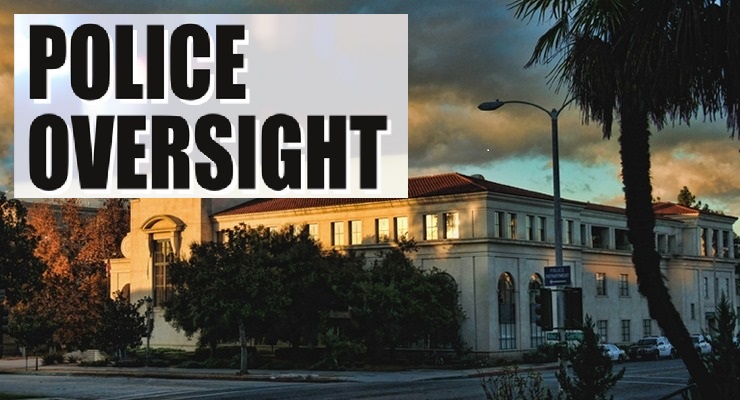This week the Los Angeles County Board of Supervisors permanently prohibited its departments from using glyphosate-based products, including the herbicide Roundup.
Last March, Pasadena Now and the Pasadena Weekly revealed that the County’s Public Works Dept. had sprayed the controversial Roundup in parts of Northeast Pasadena, unbeknownst to City officials. The weedkiller is thought by many to cause cancer but federal standards deem it safe if used properly.
“With environmental and health concerns a top priority, the Board of Supervisors has put a permanent ban on glyphosate-based products,” Los Angeles County Supervisor Kathryn Barger said in a July 22 statement.
Two months ago, the county Board of Supervisors directed the Department of Public Works, in conjunction with County Counsel, the Departments of Public Health, Parks and Recreation, Beaches and Harbors, and the Agricultural Commission to convene a panel of experts that would explore options for vegetation management.
In March, upon a motion by Supervisors Kathryn Barger and Sheila Kuehl, the Board decided to temporarily stop county departments from using glyphosate-containing herbicides while a study was being conducted. The move came on the heels of a Pasadena Weekly story that revealed Roundup was used by county workers at a heliport in northeast Pasadena.
Barger said the Board was awaiting a report back from county departments that should determine alternatives to the controversial herbicide. It is due at the end of the year.
The Board said it was open to recommendations from the public on possible alternatives to the use of glyphosate-based products.
Roundup has been in use as a weed killer since the 1970s and was developed by Monsanto, which Bayer AG in Germany acquired in 2018.
Bayer AG has been facing a string of lawsuits filed by cancer patients who said Roundup is a significant factor in their condition. The cases were filed by complainants who claim to have developed Hodgkin’s lymphoma or other forms of cancer, and have resulted in penalty awards amounting to several million dollars against Bayer-Monsanto.
Thousands of similar cases are still sitting on state and federal dockets today.
A CBS News report also revealed glyphosate could have found its way into oat-based snack products and cereals, with at least 21 of these products found to contain levels considered unsafe for children.
The U.S. Environmental Protection Agency does not consider glyphosate a cancer-causing agent, although the California Environmental Protection Agency, or CalEPA, does list it as a carcinogen.
In April, a state appellate court determined the state can require labeling of products containing glyphosate herbicide as toxic under Proposition 65, also known as the state Safe Drinking Water and Toxic Enforcement Act of 1986.
In Pasadena, City Manager Steve Mermell said the City has stopped using Roundup since last year.
Also on Monday, Caltech decided to ban the use of pesticides for weed management at the institute’s student housing complex on Villa Street, weeks after the discovery that a landscaper applied a generic version of the glyphosate-containing herbicide in courtyard planters and around the perimeter of the complex.
Caltech Director of Housing Maria A. Katsas said an investigation revealed that on at least two occasions, the institute’s landscape contractor had used the brand RangerPro as a weed killer.
RangerPro is said to be a generic version of Roundup, an easily obtainable herbicide that’s sold in hardware stores and once used by most municipalities and contains glyphosate.

















